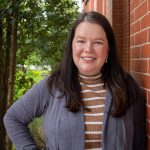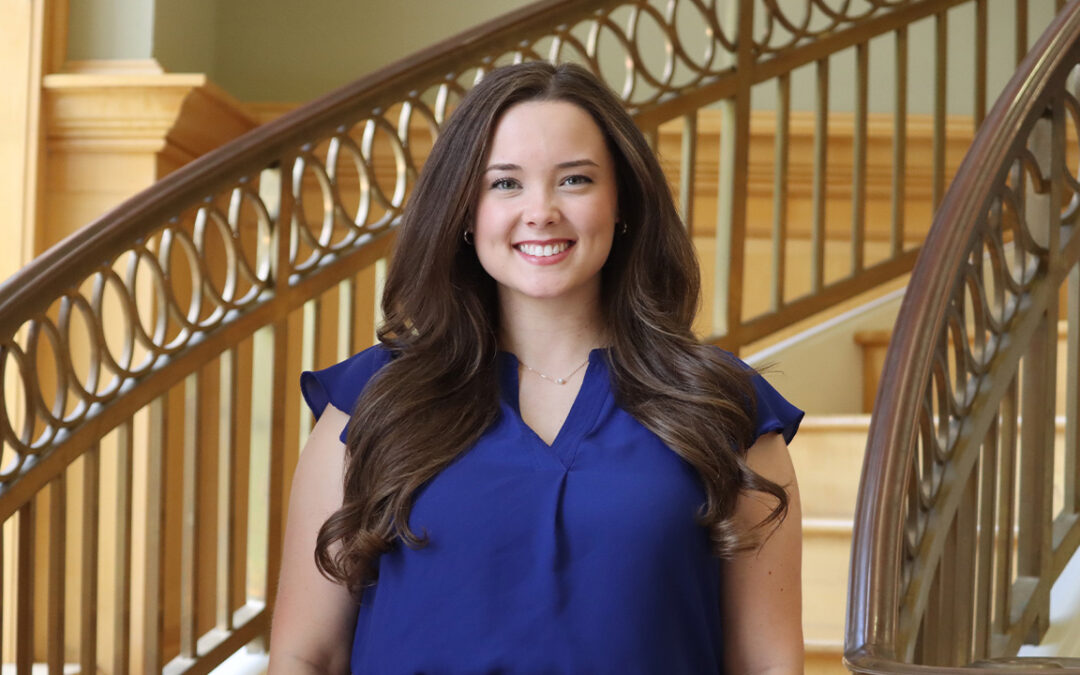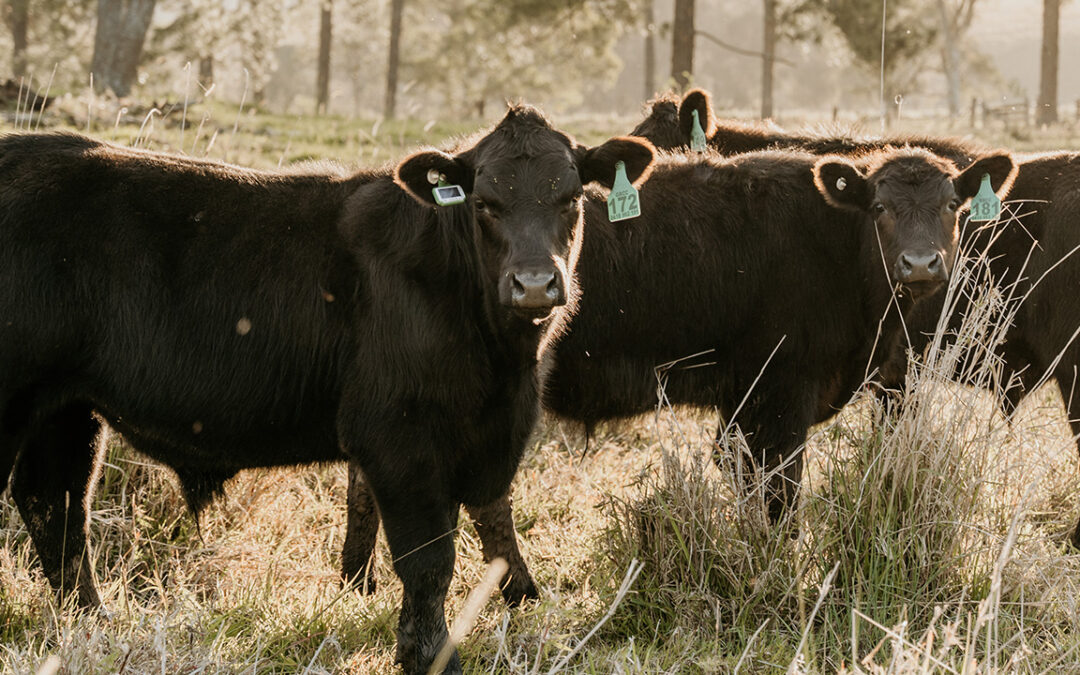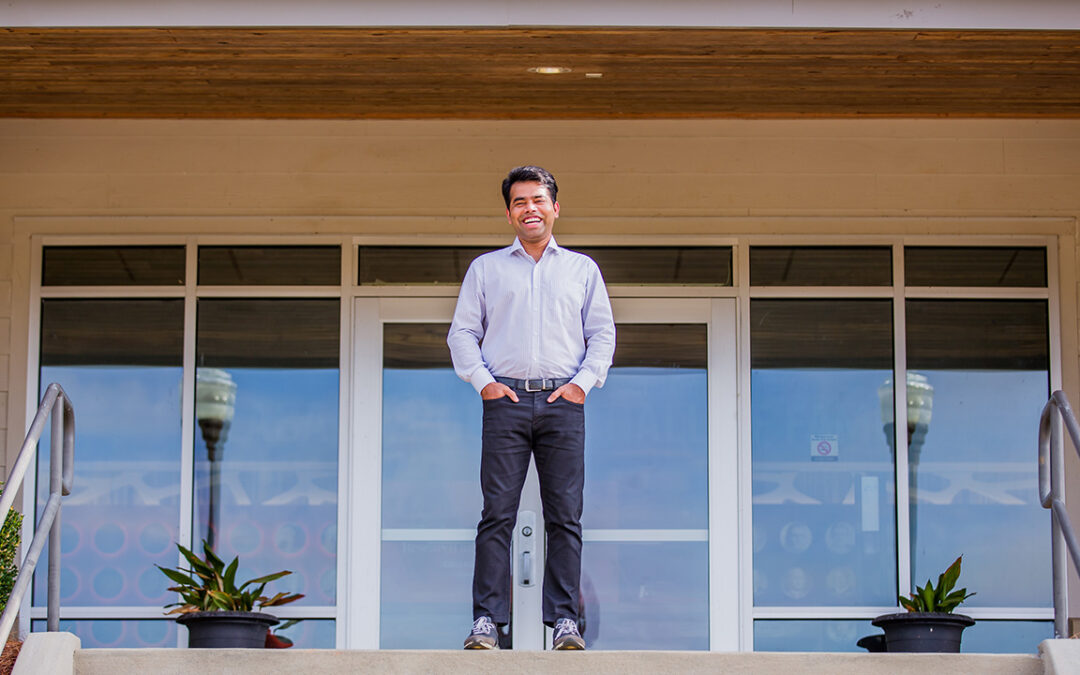Three years ago, students majoring in agricultural communications built The Comer Connection, a biannual publication made by and for College of Agriculture students at Auburn University.
This spring, students in the Agricultural Communications Capstone course created a special edition of the publication, focusing on the scarcity of factual communications in the agriculture industry.
“This semester, we spent the first few weeks discussing a text, ‘The Communication Scarcity in Agriculture’ by Jessica Eise and Whitney Hodde, which explains the great chasm between those who know and those who don’t know agriculture,” said Agricultural Communications Program Coordinator and Instructor Paul Hollis, who teaches the course. “Through case studies, it shows how the proper communication could have led to more positive outcomes for agriculture.”
After reading the text, the 14 students in the course began work on the special issue of The Comer Connection, which explores the many facets of communicating agriculture today.
“This issue is based around those ideas from the book,” said Bethanie Hartzog, senior agricultural communications major and managing editor of The Comer Connection. “We had those concepts in mind when we started developing this project.”
The purpose of The Comer Connection is to create a further sense of community among the agricultural student body by delivering journalism pieces that highlight how the College of Agriculture continues to pioneer in the forefront of feeding our world.
“We’ve all been learning about being advocates for the ag industry, so with this edition we really wanted to highlight ag around Auburn, while talking about the need for factual communication in the ag industry,” Hartzog said.
In the text, the students learned about major national and international brands and companies with advertising campaigns designed to turn consumers off from “big ag,” Hartzog said.
“It brought up a lot of controversial topics in the food industry and how they are portrayed in the media and marketing,” she said. “They can paint industrial agriculture as this bad guy or suggest that everything should be grown organically. As we know, as agriculturalists, we know producing everything organically is just not feasible, and those working in industrial agriculture want to produce things that are healthy and nutritious for consumers.”
Hartzog said one of their big takeaways from the text was the need for agricultural communicators who can disrupt inaccurate reporting on the agriculture industry and who can provide accurate information to consumers going to buy their food.
The special issue of The Comer Connection aspires to do that.
The newsletter features experts from every stakeholder group in the industry, including researchers, policymakers, producers and consumers.
Senior Kate Bonney worked on the publication’s photo essay, which shows agricultural aspects of campus and Auburn students interacting with the environment, research projects and activities.
She also wrote a feature on the professional agricultural sorority Sigma Alpha and their philanthropy project Ag in the Community.
“My biggest takeaway from this project was the importance of ag communications,” Bonney said. “Ag communicators have a big job in this society of misconceptions and miscommunications revolving around agriculture: effectively communicating in a way that people in the field can appreciate and in a way that the public can understand and bridging the gap for people in agriculture to be heard and to understand the interests or concerns of the public.”
Senior Fielder Hagan, meanwhile, contributed to the publication’s Earth Day video and wrote two stories — one about local farmers’ response to COVID-19 and another about conventional versus organic farming near Auburn.
Hagan’s perspective was unique, as he was one of the only students in the class with firsthand experience in organic farming.
He did a self-structured internship during which he visited several farms in the state for several weeks and then stepped away to write about their operations.
He interned with My Secret Garden, a food distribution company in Notasulga; Lifetime Natural Organic in Tuskegee; Joy Haven Farm in Shorter; and Sustainable CBD – an organic hemp operation that also grows ginger and turmeric in a vertical farming operation in Salem.
Hagan — who is also a line cook at the Auburn restaurant Acre — said the experience helped round out his understanding of the agriculture industry.
“It gave me the ability to see the full story of organic agriculture,” he said. “I could go from seed, to plant, to harvest, to distribution, to working with it in the kitchen.”
Hagan said he believes the scarcity of accurate information in the agriculture industry drives fear in consumers.
“The whole point of this is to start conversation,” he said. “It can be hard; you feel like you’re walking on eggshells – that are on fire.”
“It’s been a really cool project,” Hartzog said. “I think we’re really communicating to agriculturalists that the need is here for accurate information. And that there are people out there who are trained to do this and who are currently being trained to do this here at Auburn.”





